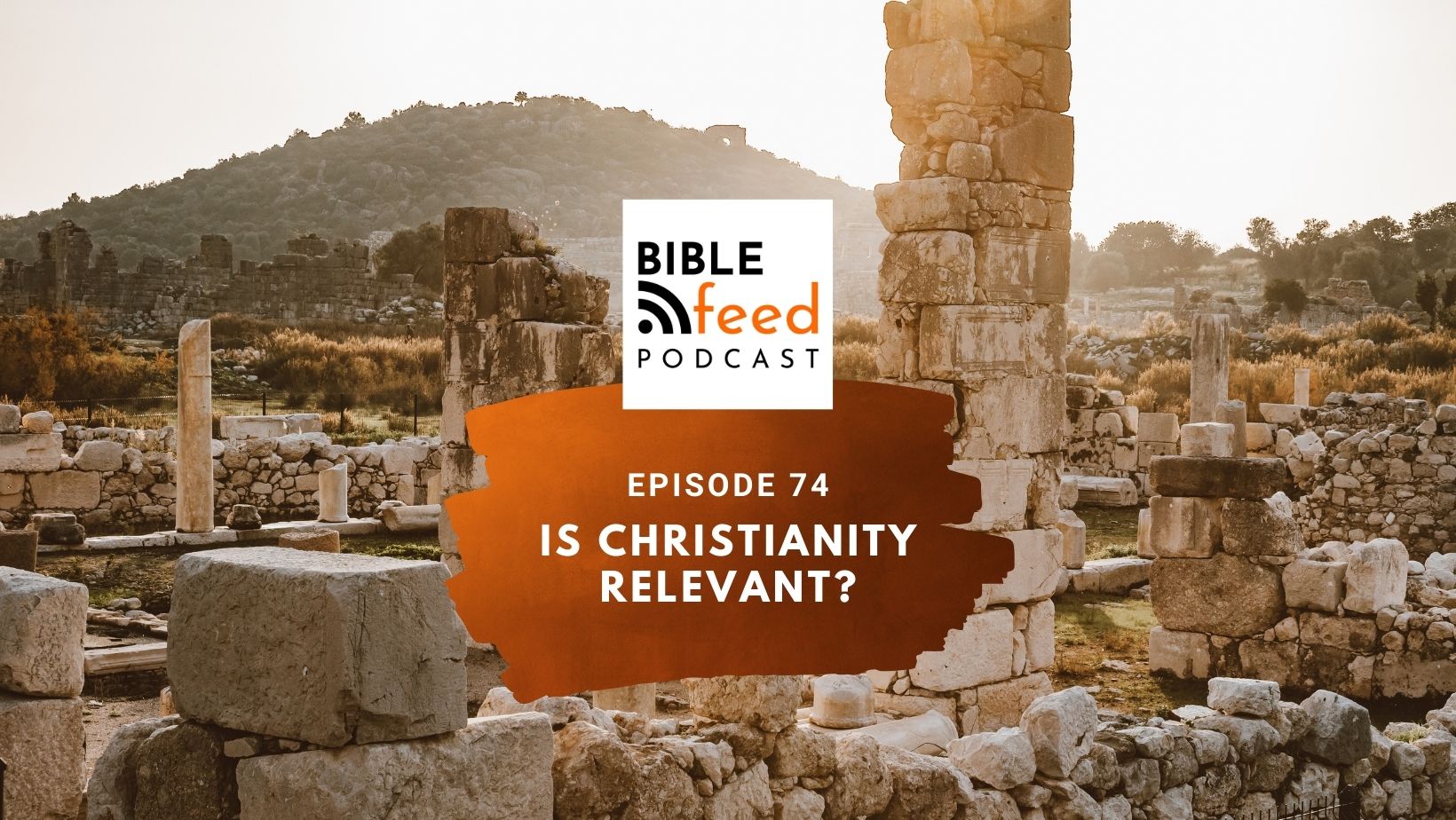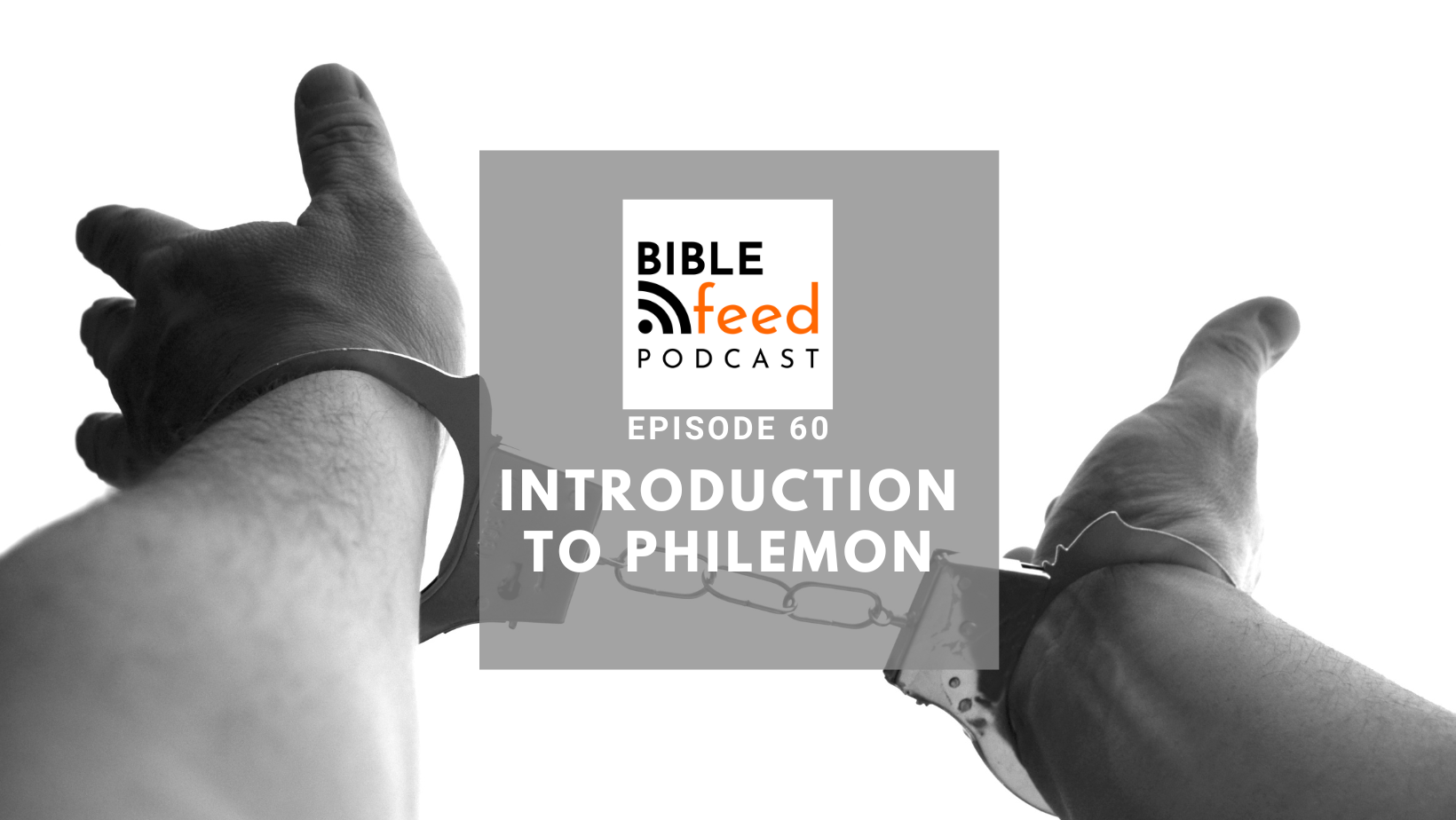For the next of our Bible book introductions we take a look at the smallest of Paul's letters, his letter to Philemon. Why should a personal letter about fixing a very personal relationship be included in the scriptures? We find that it is, in fact, an incredibly revealing case study into how being a Christian should change the way we view society and people around us.
In past centuries, going to church was a deeply embedded part of how western society worked. But today, with so much emphasis on personal faith and opportunity to do community activities outside church, is there any point in being part of a religious group and meeting with people? We discover three key reasons: Support, Diversity and Magnifying.
Exploring how churches were organised, we find ourselves discussing the significance of sharing the bread and cup of wine to remember Jesus. As in previous episodes, there are some similarities with churches today, but also some differences that are worth reflecting upon.
Continuing a mini-series on themes from early church history, we look at Jesus' prediction that Christians might be persecuted for believing in him and how that unfolded over the first few centuries of the church. We discover how the church emerged from periods of persecution as a changed institution. Was that a good thing?
We kick off a new 3 part series on aspects of church history and start by exploring the Christian practice of baptism from the early church, through the Middle Ages and beyond. How and why does it change over time, and does it matter?
Ever wondered what it was like to be part of one of the earliest Christian communities in the 1st century church? Follow along with a thought experiment attempting to place a 21st century consciousness into the body of a 1st century Christian! We explore the where, when, what and how of a Christian gathering around 65AD, which builds towards a conversation about which aspects of Christianity should be protected from change, and where we should be flexible.



